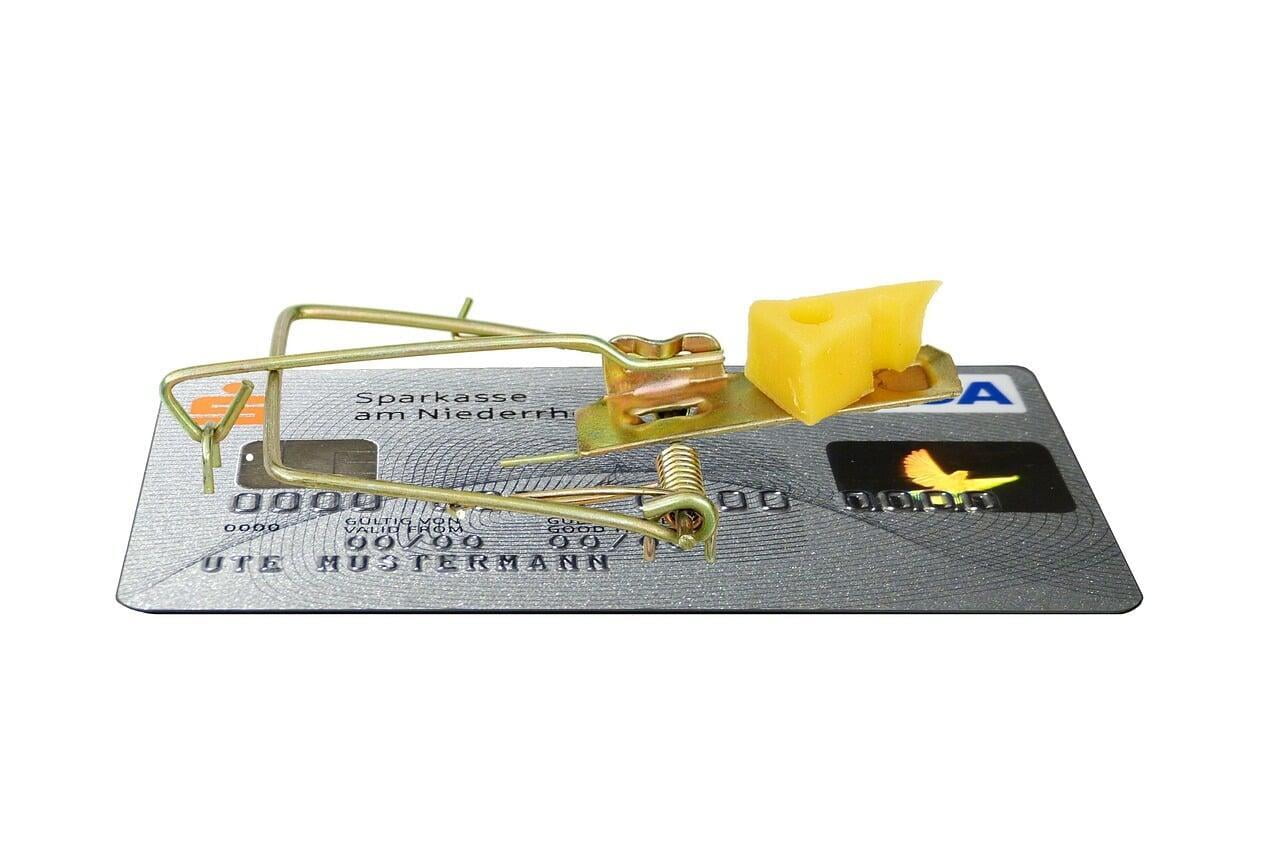
- High-Interest Rates: Credit cards often carry very high interest rates, typically well above 45%. To put this in perspective, consider that a Home loan typically offers around 9% interest. Therefore, credit card interest rates are nearly five times higher than home loan rates. Shweta's initial balance of 50,000, with a 45% annual interest rate, started growing rapidly.
- Minimum Payments Don't Cut It: Shweta was making only minimum payments, which are typically a small percentage of the balance (often 3-5%). In her case, she was paying just 2,500 each month, which barely covered the interest. As a result, the principal amount she owed did not reduce and the interest component kept on piling up.
- Snowball Effect: As the months passed, Shweta’s balance kept increasing due to interest charges. Her 50,000-debt turned into 55,000, then 60,000, and continued to grow. This is what's called the "snowball effect." The more she carried the balance, the harder it became to pay off.
- Mental and Emotional Toll: Beyond the financial burden, credit card debt can take a significant toll on one's mental and emotional well-being. Constantly worrying about mounting debt, juggling payments, and feeling trapped by high-interest charges can lead to stress, anxiety, and even depression.
- Personal loan is a better alternative: We recommend that if you ever face unexpected or high-cost expenses, think about getting a personal loan. These loans usually have much lower interest rates than credit cards, which can make borrowing money more affordable. Personal loan interest rates typically vary between 11% and 24%, depending on an individual's credit profile.
In conclusion, Shweta's story illustrates the importance of avoiding credit card debt. While credit cards offer convenience and rewards, they can quickly become a financial trap if not used responsibly. It's wise to use credit cards for their benefits and pay off the balance in full each month to avoid falling into the high-interest debt cycle that can lead to long-term financial setbacks
